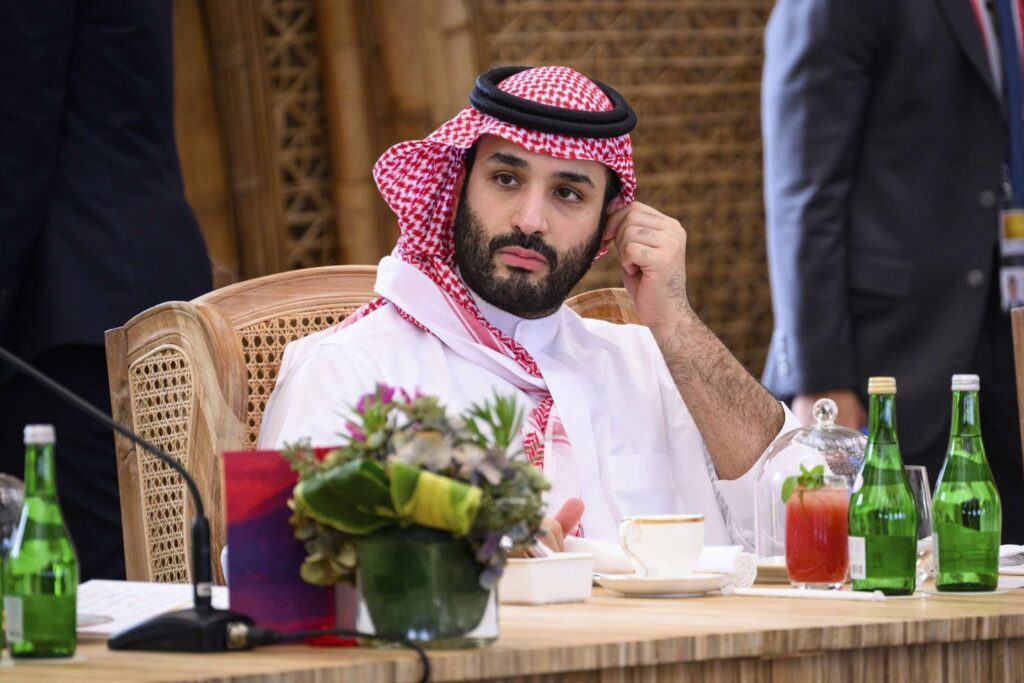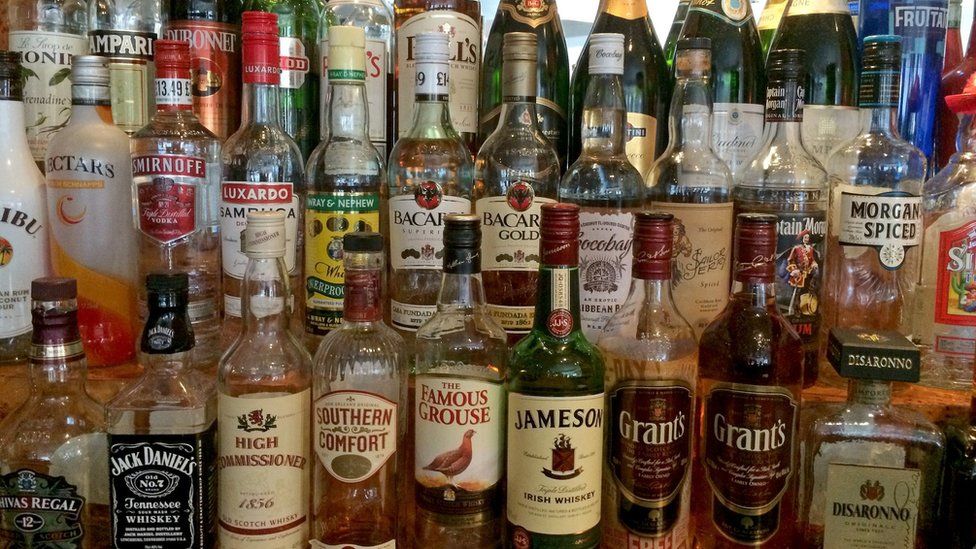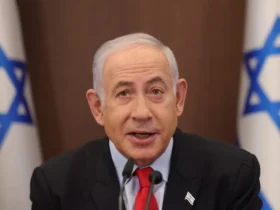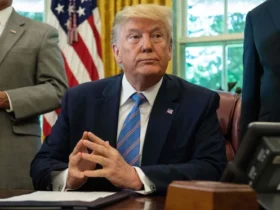Saudi Arabia is reportedly considering a shift in its alcohol regulations, potentially allowing the sale of alcohol to non-Muslim diplomats for the first time.
According to two sources familiar with the plan who spoke with AFP on Wednesday, the proposed change would modify the stringent rules that govern the consumption of liquor in the traditionally conservative country.

Under the new plan, alcohol would be directly sold to non-Muslim diplomats, eliminating the need for them to import alcohol through diplomatic pouches or sealed official packages, one of the sources disclosed.
The prohibition of alcohol in Saudi Arabia has been in effect since 1952, following an incident where one of King Abdulaziz’s sons, in a fit of rage while intoxicated, shot and killed a British diplomat.
Persistent rumors over the years have suggested that alcohol might become available in the Gulf kingdom as part of a broader series of social reforms introduced under Crown Prince Mohammed bin Salman’s Vision 2030 reform agenda. These reforms have included the introduction of cinemas and mixed-gender music festivals.
In an official statement released on Wednesday, the Saudi government explained that a new regulatory framework was being introduced to counter the illicit trade of alcohol goods and products received by diplomatic missions.
The statement clarified that the new process aims to regulate the entry of specific quantities of alcohol into the Kingdom, putting an end to the previous unregulated system that led to an uncontrolled exchange of such goods.
The policy change, as outlined in the statement, will ensure that diplomats from non-Muslim embassies have access to alcohol products within specified quotas.
The majority of Saudi Arabia’s 32 million residents may not experience immediate changes, as alcohol consumption remains restricted for the general public, except for attending diplomatic events in Riyadh’s Diplomatic Quarter or resorting to homemade beverages and the black market.
Under Saudi law, penalties for the consumption or possession of alcohol can include fines, imprisonment, public flogging, and deportation for foreigners.
The sensitivity of the issue is underscored by the fact that alcohol is forbidden in Islam, a significant consideration in a country hosting Islam’s holiest sites in Mecca and Medina.
Speculation about a potential change in alcohol regulations has increased with Saudi Arabia being granted hosting rights for Expo 2030 and the World Cup in 2034.
However, Saudi officials had previously dismissed suggestions of any major policy change, emphasizing their commitment to existing laws. Princess Haifa Al Saud, Deputy Tourism Minister, reiterated this stance at the World Economic Forum in Davos in 2022, stating that they intended to continue with their current laws.
APF








Leave a Reply